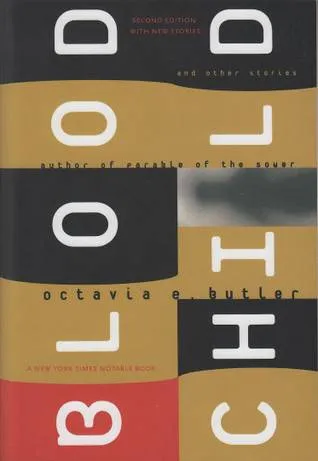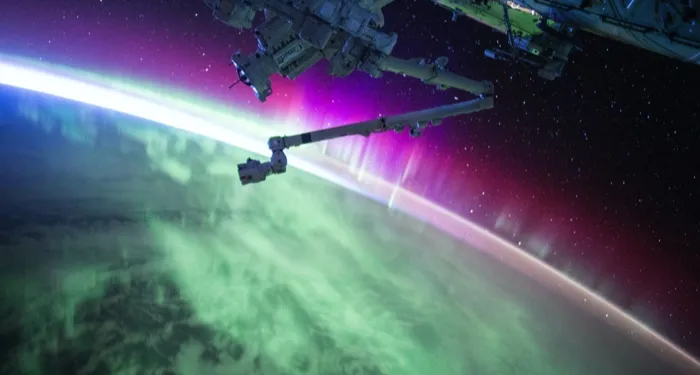
Slow Sci-Fi: 11 Thoughtful And Low Action Sci-Fi Reads
Sci-fi is a versatile genre, with something for every reader. While some sci-fi fans love galaxy-wide rebellions or fast-paced space operas, there’s also plenty of sci-fi that takes its time and slows the pace. Rather than rollicking action scenes, thoughtful and slow sci-fi puts more weight on character moments and concepts, giving the reader time to explore a single part of a strange new world.
Slow sci-fi can be a peaceful read between more action-packed books, or can give you the chance to grapple with a futuristic or otherworldly concept on multiple levels. Don’t be fooled — slow doesn’t mean shallow, and sometimes thoughtful sci-fi can give the horrors of a dystopia more time to develop, really drawing back before landing that gut punch. Here are some lower-action, thoughtful sci-fi reads to add to your TBR pile.
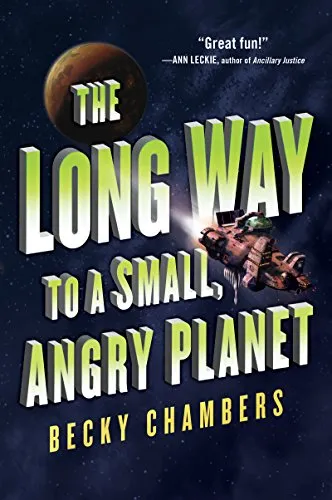
The Long Way to a Small, Angry Planet by Becky Chambers
The first book in Chambers’s Hugo Award–winning series, The Long Way to a Small, Angry Planet follows the crew of the Wayfarer, a starship taking the scenic route to their final destination. The crew of the Wayfarer is a mix of human and alien, and the story itself is more about the journey and the characters than their adventures or a large overarching plot.
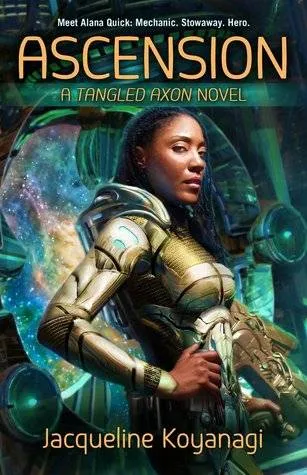
Ascension by Jacqueline Koyanagi
Delving deep into philosophical questions around consciousness, life, and death, this first installment in the Tangled Axon series is a fantastic thoughtful sci-fi read. Following the story of sky surgeon Alana Quick, who is struggling to make ends meet thanks to the spreading influence of new tech, Ascension gives the reader plenty of food for thought around topics such as living with chronic pain or dealing with the evils of corporate capitalism.
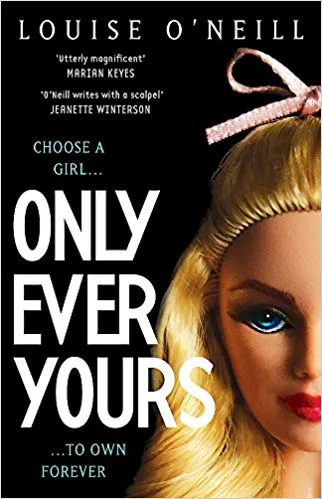
Only Ever Yours by Louise O’Neill
If you were creeped out by The Handmaid’s Tale, Louise O’Neill’s dystopian novel will take you to the same terrifying places. Only Ever Yours is set in an intensely patriarchal world that feels like Stepford gone global, where girls are created and raised to be perfect companions to the ruling class of men — at least, until they age out, and are promptly disposed of and replaced. Best friends Freida and Isabel are coming up to their graduation, where they will be ready to be chosen by the latest generation of boys, until Isabel starts rebelling against the system, straining her friendship with Freida as a result.
Bloodchild by Octavia Butler
Thoughtful sci-fi lends itself well to the short story form, and no-one does short stories better than Octavia Butler. The titular “Bloodchild,” a story focusing on a world where aliens and humans have built a symbiotic relationship involving female aliens laying their eggs in male human hosts, is the best-known, but the other stories are also well worth a read — special mention to “The Evening and the Morning and the Night,” which will stay with you long after you’ve finished reading.
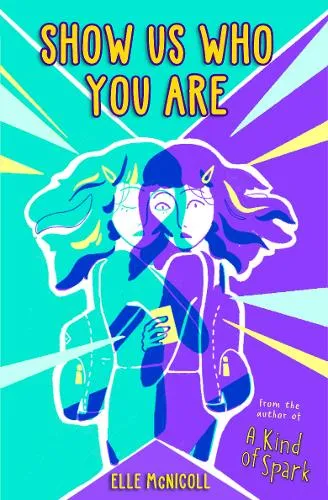
Show Us Who You Are by Elle McNicoll
The second novel from brilliant children’s author Elle McNicoll, Show Us Who You Are follows the story of Cora, who befriends Adrien, the son of her brother’s boss. Cora is autistic and Adrien has ADHD; Adrien’s father’s company, Pomegranate Technologies, an institute that creates realistic holograms of people, is particularly interested in mapping their neurodivergent brains. While Cora is intrigued, Adrien is more reluctant, and as the two friends learn more about Pomegranate, the reader is invited to think about mortality, ableism, and what it means to be neurodiverse in a world focused on neurotypicality.
The Left Hand of Darkness by Ursula K. LeGuin
A sci-fi and feminist classic by the late, great Ursula K. LeGuin, The Left Hand of Darkness explores sex, gender and what it means to be human. Ai, a human man, is sent as an envoy to the planet Gethen, where the inhabitants have no concept of fixed sex. While there are action sequences and high stakes, the most compelling part of The Left Hand of Darkness is the world-building and the barriers Ai encounters while trying to negotiate a society that does not have a concept that is so important to his own identity.
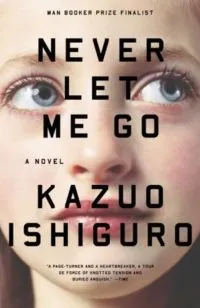
Never Let Me Go by Kazuo Ishiguro
A dystopian sci-fi that leans into horror, Never Let Me Go is a chilling read. It follows the story of Kathy H, who spends much of the book reminiscing about her time growing up in a boarding school known as Hailsham, under the care of a group of teachers known as guardians. As the story unfolds, we learn (spoiler!) that Kathy and her classmates are clones created to act as organ donors to regular humans. Unlike many dystopian stories, Never Let Me Go focuses on the day-to-day living within a terrifying situation, rather than looking at rebellion.
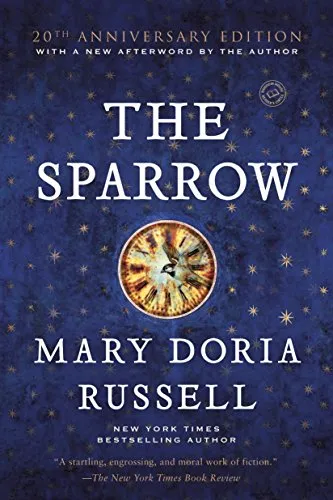
The Sparrow by Mary Doria Russell
A multiple award–winning novel, The Sparrow is another thoughtful sci-fi that explores first contact between humans and aliens, drawing parallels between the alien encounter that frames the story and Christian missionary activity. The novel follows Father Sandoz, a Jesuit missionary who travels to the world of Rakhat to find the source of a radio transmission being broadcast to Earth.
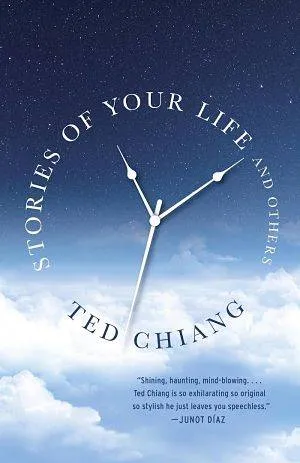
Stories of Your Life and Others by Ted Chiang
Another collection of short, thoughtful sci-fi stories, Stories of Your Life and Others brings together eight pieces of short fiction by author Ted Chiang. The stories explore sci-fi and metaphysical concepts; “Tower of Babylon” reimagines the building of the Tower of Babel in a context where medieval scientific ideas are true, “Division by Zero” follows a mathematician who accidentally disproves some of the fundamental rules of her field, and Story of Your Life is the novella that provided the inspiration for the film Arrival.
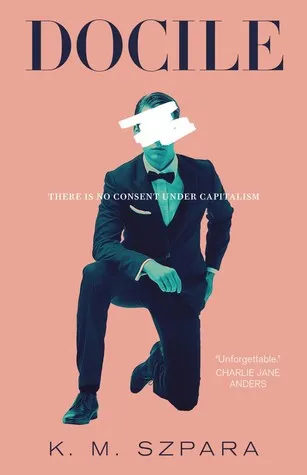
Docile by K.M. Szpara
Docile is an uncomfortable but important read, looking at the abuse of power within an ultra-capitalist society. In the world Szpara creates, people can work off intergenerational debt by becoming Dociles, who take the drug Dociline to numb themselves while being completely sexually and physically available to the person who has bought their contract. Protagonist Elisha Wilder is attempting to work off his family’s debt without taking Dociline, but this becomes near-impossible when his contract is bought by Alexander Bishop III, heir to the family behind the entire system.
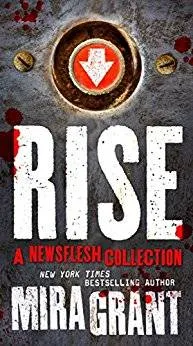
Rise by Mira Grant
Rise, a collection of short stories based in Mira Grant’s fascinating Newsflesh world, is a fantastic read that (sorry about the pun) fleshes out this post-zombie apocalypse series, but “Everglades” stands out as a chilling example of slow, thoughtful sci-fi. While some of the stories in the collection are action-packed, “Everglades” turns the usual zombie story concept on its head. Instead of being about survival, struggle, and a race to try to stop the zombie uprising, “Everglades” is a brutal, sad story focusing on Debbie, a student who reminisces about a perfect childhood summer in Florida while slowly losing all hope about the new, frightening world that she finds herself in.
Sometimes uplifting, sometimes sad, slow, and thoughtful, sci-fi is always worth the read; it creates space for characters and concepts to really develop and gets to the roots of the worlds that the authors are building. Whether you want to dip into some short stories, or take a longer journey with a full-length novel, thoughtful sci-fi has something for you.
If you’re looking for sci-fi that’ll make you smile, have a look at our list of 20 Must-Read Feel-Good Science Fiction Books. And if you want tailored recommendations that will help you find your new favourite book, don’t forget to check out Book Riot’s TBR service, where our experts will pick out the perfect book for you! Give them what you’re looking for in a book, and they’ll handle the rest!



